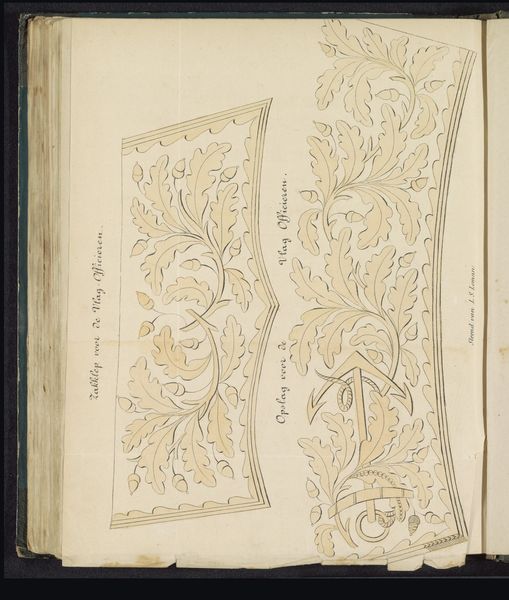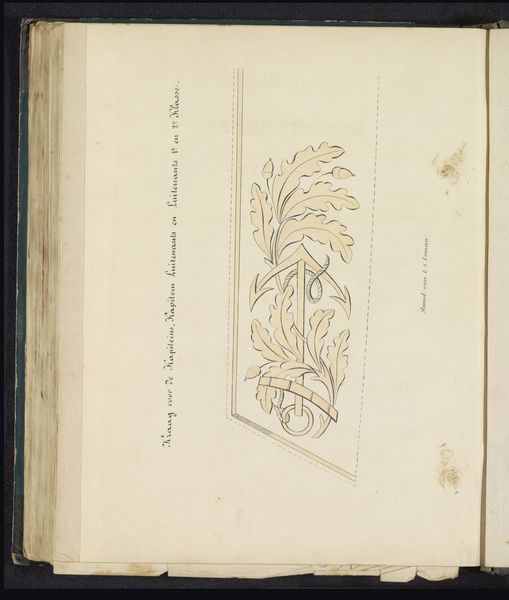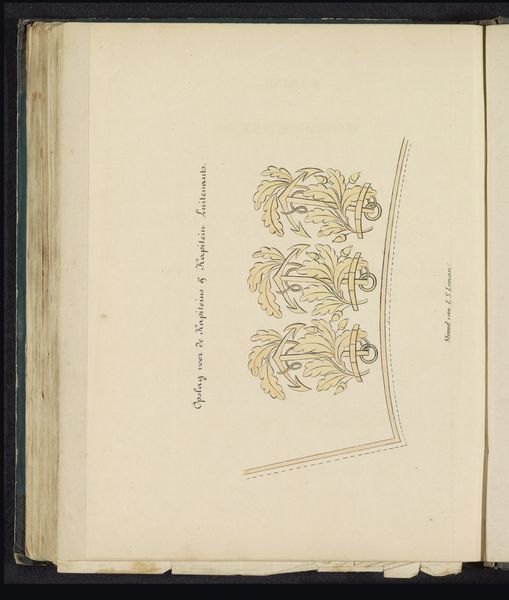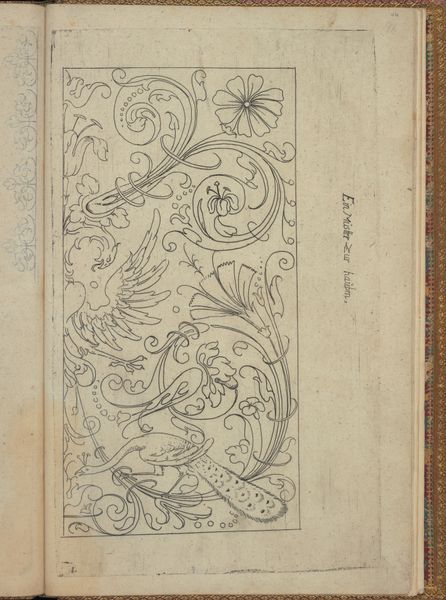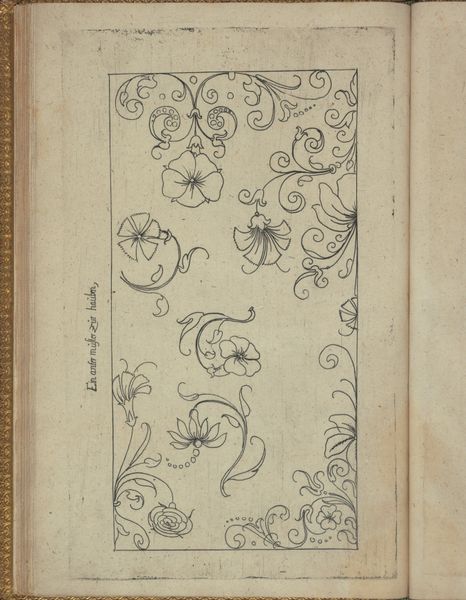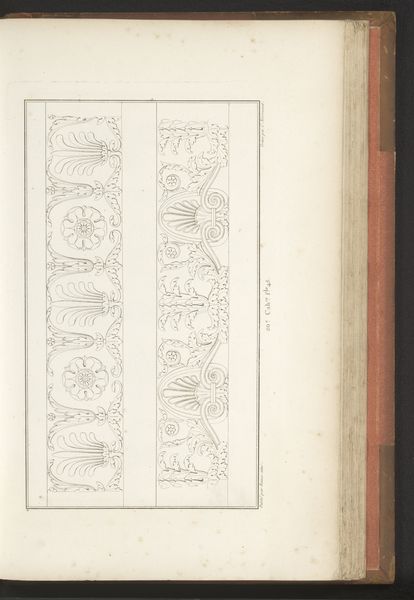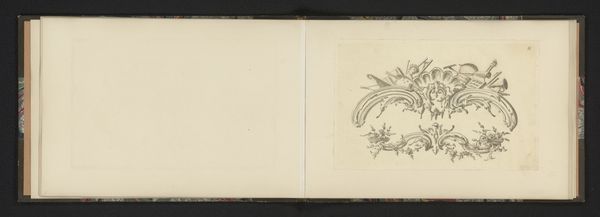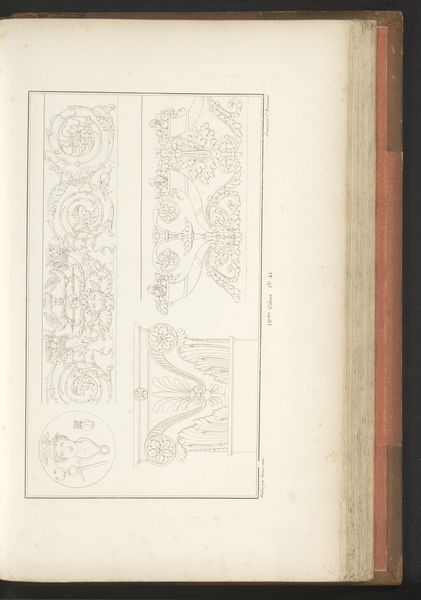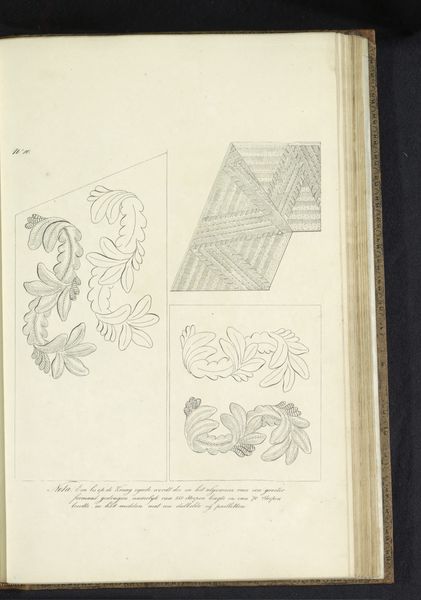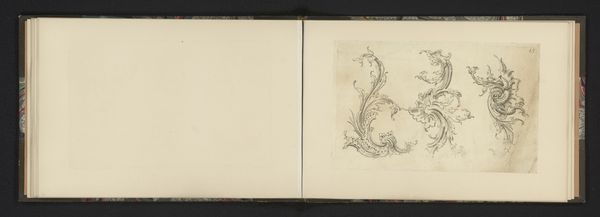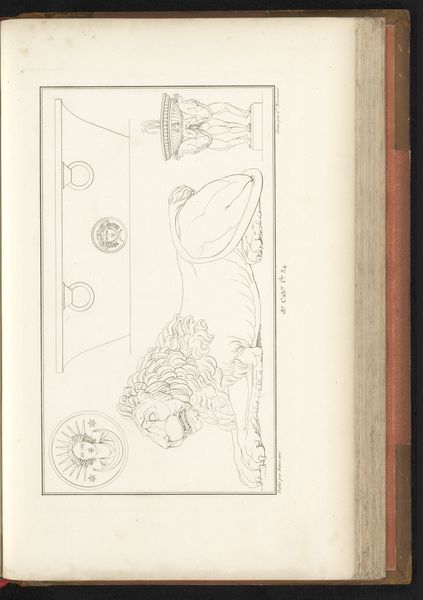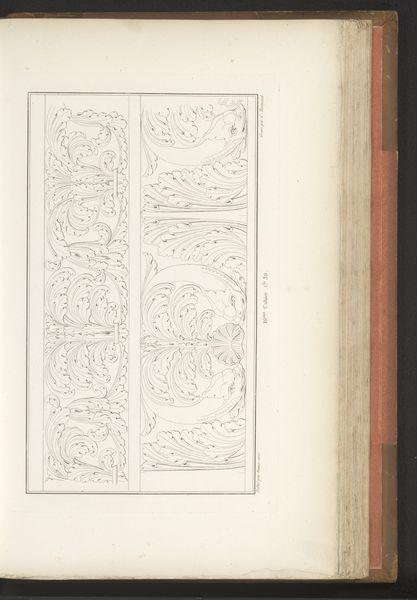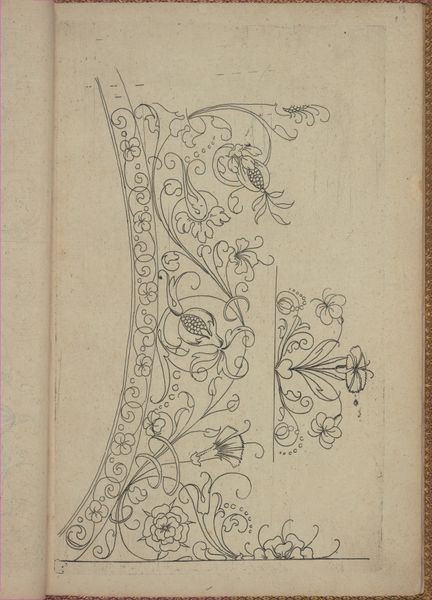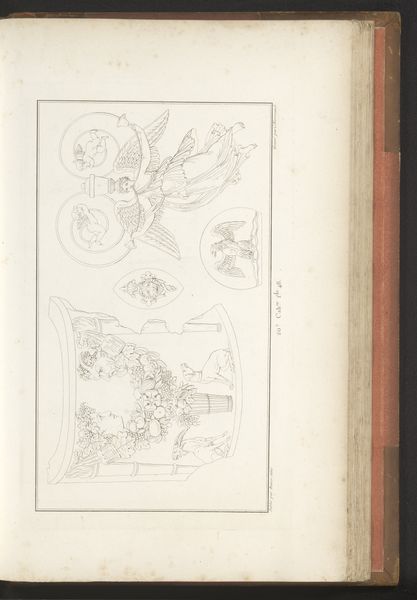
Borduursels voor het uniform van de vlagofficieren van de Marine, 1845 1845
0:00
0:00
drawing, paper, ink, pencil
#
drawing
#
toned paper
#
pen sketch
#
paper
#
personal sketchbook
#
ink
#
ink drawing experimentation
#
geometric
#
pen-ink sketch
#
pencil
#
pen and pencil
#
pen work
#
sketchbook drawing
#
watercolour illustration
#
academic-art
#
decorative-art
#
sketchbook art
Dimensions: height 270 mm, width 200 mm
Copyright: Rijks Museum: Open Domain
Louis Salomon Leman created these embroidery designs for naval officers’ uniforms around 1845. This was a period defined by rigid social hierarchies, and uniforms were potent symbols of status, power, and national identity. These designs weren’t merely decorative; they visually enforced a social order. Who gets to wear these emblems of authority? Who is excluded? The oak leaves and anchors, rendered in delicate detail, speak to the power of the Dutch Navy, and by extension, the Dutch state. Notice the way the anchor, a symbol of steadfastness, is entwined with foliage suggesting growth and prosperity. The naval officers who wore these emblems embodied the intersection of masculinity, power, and national pride. Consider how these designs, while seemingly traditional, also contributed to the construction of national identity, and perpetuated notions of class and gender. In a world where visual symbols carried immense weight, these embroideries played a significant role in shaping perceptions of authority and belonging.
Comments
No comments
Be the first to comment and join the conversation on the ultimate creative platform.
